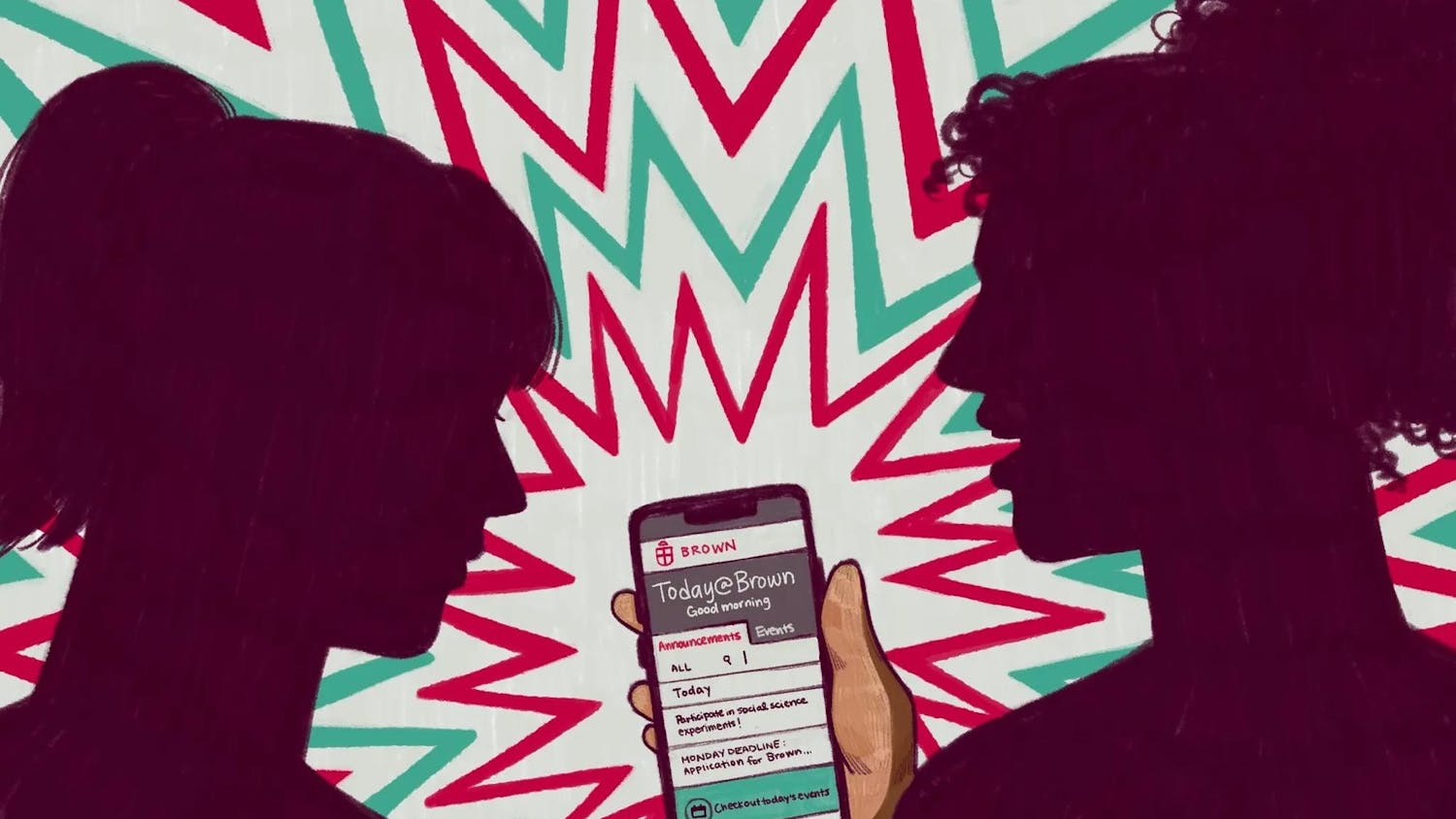My whole life, I’ve been a reader. From a young age I would get lost in books, reading for hours on end with no interruption. Without the incentive of essays or pop quizzes, I enjoyed reading for its own sake, favoring the escape of a good book over many more tangible pursuits. And while the purity of my youthful hunger for words has been tested by the rigors of college life, I still find time to read.
As college-aged Americans in 2016, reading is more difficult than it has ever been; the challenge of settling down to read in the era of instant gratification can be immense. In these times, to read for an extended period is to consistently forgo more immediate and accessible enjoyment. Even as an avid reader, the difficulty of reading in the smartphone era is something I experience every day. A text or notification is all it takes to keep me from losing myself in a book, and the availability of short and entertaining videos on Facebook and Twitter — seldom longer than 20 or 30 seconds each — reinforces the enormity of reading a novel cover to cover.
In addition, the rigors of college life can make reading (both recreational and academic) almost impossible. Reading a book once a week, as many humanities courses demand, can be a daunting task — a time commitment unjustified to many of my peers, who view the value of reading a book as only marginally greater than that of reading its counterpart on SparkNotes. As an English major myself, not a week goes by that I don’t open a new book, and I think I’m better for it. But mine is not a representative college experience. Interest in the humanities is deteriorating, and time spent reading is falling with it. And while we may well be witnessing an irreversible decline in the prevalence of literature, I cannot help but step in to provide a defense of my favorite pastime.
Reading requires discipline. In the disorienting and chaotic bustle of college life, time-consuming and solitary pursuits are often thrown by the wayside in favor of activities that pack a more efficient punch. It never quite feels like you have time to read a book, and if it’s not homework, it can feel like an odd use of limited free time. But the act of sitting down to start a book requires a self-control often lacking in our generation due to precisely the types of distractions that make reading hard. Having the ability to focus and avoid distractions in an era where distractions abound is more important than ever in academic, professional and even social life.
Furthermore, reading can provide a reprieve — however brief — from college lifestyles that can often be inordinately stressful. Studies have shown that reading can reduce stress levels by as much as 68 percent and might even improve empathy.
But the most common reason to dismiss reading as a pastime is that it doesn’t easily align with our modern values. If we are to say that reading is still worthwhile, we must first admit that it cannot compete within the typical millennial value structure that champions efficiency and shuns solitude. Reading is not an efficient way to absorb information; reading a SparkNotes summary will always provide a quicker plot synopsis, a more obvious set of themes and symbols and an easier understanding of complex works. In addition, reading can be an isolating activity, and it is understandably difficult for students to engage in such an anti-social recreation in an era of unprecedented connectivity.
If this is all we get from books, we would have started reading summaries long ago. But reading books is about living a story, not summarizing one. You wouldn’t read a SparkNotes version of your life in place of living. The blood and sinews of human experience are irreplaceable. To see online summaries as more efficient or Facebook videos as more gratifying than books is to define value as an ever reducible list, always capable of being more compact or streamlined. No, reading is and always has been about much more than that; books are not plot summaries, no more than lives are obituaries. You can understand all the events, all the symbols and themes. But if you never take the time to look closely, you may just miss the whole point.
I believe we can still find time to read. Whether it’s reading — and not SparkNoting — a book for class, or making time to read outside of school, I think we all know it can be done. As with anything, finding time to read isn’t about time at all, but priorities. It’s not always easy; nothing worthwhile ever is.
Nicholas Esemplare ’18 can be reached at nicholas_esemplare@brown.edu.
Please send responses to this opinion to letters@browndailyherald.com and other op-eds to opinions@browndailyherald.com.




